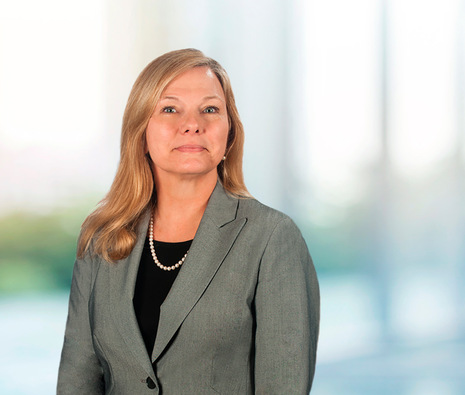The South Carolina Residential Landlord and Tenant Act and COVID-19
To our readers: We at Nexsen Pruet hope all of you are staying safe and healthy. We have been very fortunate in that this pandemic has not affected many of our Nexsen Pruet family. We are making every effort to run as fully staffed and efficiently as possible, and remain ready to assist all of you if and how we can.
It is no surprise to any reader - we are all trying to cope the best we can in light of COVID-19 and the novel issues it continues to present. There is little history to guide us on legal challenges unique to this pandemic. We hope, however, this will provide those of you who are either landlords or tenants in South Carolina with general information to assist you in the complicated environment we find ourselves.
A residential landlord/tenant relationship in South Carolina is governed by two things: the lease entered into between the parties and the South Carolina Residential Landlord and Tenant Act, S.C. Ann. §§27-40-10, et seq. (Act). Historically, a landlord owed no duty to maintain leased premises in a safe condition. Without an express warranty or fraudulent concealment, a landlord was not liable for any defect, or the damage resulting therefrom. A landlord could contractually agree to keep the demised premises in good repair, but even then, the landlord was entitled to notice of a specific defect before the duty to repair was triggered. In the event of a contractual obligation, the landlord’s failure to maintain the property gave rise to an action for breach of contract; there was no recovery for personal injury sustained as a result of a defective condition. In 1986, the legislature passed the Act in order to outline the specific duties of landlords and likewise define the rights of tenants. The Act specifically provides for instances in which a landlord may be responsible to a tenant for injury. To that point, this provides a quick and general look at how the Act affects the landlord-tenant relationship during the COVID-19 spread.
S.C. Code Ann. §27-40-310 provides, in pertinent part, a rental agreement may include terms and conditions not prohibited by the Act or other rule of law. Thus, the terms and conditions to which the parties agree will prevail, if they do not conflict with the Act or some other law. Consequently, the first point of reference should be the specific provisions of the lease.
Next, S.C. Code Ann. §27-40-440 governs the landlord’s duty to maintain the rented premises. It includes, again, in pertinent part:
(a) A landlord shall:
- comply with the requirements of applicable building and housing codes materially affecting health and safety;
- make all repair and do whatever is reasonably necessary to put and keep the premises in a fit and habitable condition;
- keep all common areas of the premises in a reasonably safe condition, and, for premises containing more than four dwelling units, keep in a reasonably clean condition…
Because we have avoided a pandemic such as this in recent history, there are no cases interpreting the Act under circumstances similar to those we face with COVID-19. Nonetheless, the provision that appears most applicable is (a)(3) above, requiring a landlord to keep the common areas of the premises in a reasonably safe condition. With the recent emphasis on the necessity of sanitizing and social distancing, this is probably the greatest area of potential liability for a landlord. Consequently, a landlord should clean any common areas as thoroughly and as often as reasonably possible. While perhaps not necessary, a landlord may consider posting a notice to tenants, urging them to exercise the utmost diligence in personal hygiene.
Consistent with the governing law in a landlord-tenant relationship, a landlord should warn of those conditions on the property of which it has superior knowledge. Thus, if a landlord receives information that a tenant has a confirmed case of COVID-19 or is experiencing symptoms consistent with the virus, a landlord may consider posting such a notice in the common areas frequented by tenants. In doing so, however, landlords must remain cognizant of privacy considerations. The landlord should NOT disclose the identity of any tenant known or thought to be infected, unless that tenant specifically so authorizes. In these circumstances, a written authorization from the tenant is preferable. It remains the duty of the tenant to keep the leased portion of the property that it uses in reasonably safe and reasonably clean condition. This includes disposal of all garbage and other waste in a reasonably clean and safe manner.
COVID-19 presents presentssituations unlike any faced by most of us. As a result, short of governmental mandate, there are no firm rules applicable to one’s reaction to the virus. A word of caution, however - landlords should exercise prudence if or when they choose to take on a responsibility not outlined in the lease or the Act. At common law, there is no duty to act. When an act is voluntarily undertaken, however, one assumes a duty to use due care.
Our Insights are published as a service to clients and friends. They are intended to be informational and do not constitute legal advice regarding any specific situation.
About Maynard Nexsen
Maynard Nexsen is a full-service law firm with more than 550 attorneys in 24 offices from coast to coast across the United States. Maynard Nexsen formed in 2023 when two successful, client-centered firms combined to form a powerful national team. Maynard Nexsen’s list of clients spans a wide range of industry sectors and includes both public and private companies.








